Paper roots: A Japanese publisher found a new way to recycle the news. They print it on sheets that grow into greenery. Instead of tossing old pages in the bin, readers can bury them in soil, and water the spot like a garden. Packed with seeds and built from reused pulp, the material gradually breaks down and supports new life in any planting container. The idea has been used in schools, shared through online videos, and picked up by people looking for simple, eco-friendly solutions that don't require much effort. What started as a creative print edition now serves as both a teaching tool and a small-scale environmental fix. It's a practical shift that shows how even print media can adapt to new priorities.
Icy colours: Not all icebergs in Antarctica are blue or white. Some carry streaks of green, black, brown, or even bands of mixed tones. These colours come from different materials and freezing conditions deep within glaciers or beneath floating ice shelves. Minerals, sediments, and pure ice without bubbles all can affect how light moves through the ice, changing what we see. In some cases, clear marine ice can look nearly black, while iron or layered debris can make it look green or dark brown. Some icebergs have striped or marbled patterns where layers of ice formed at different times and under different pressures. While the origins of these colours took time to understand, they now hint at hidden stories beneath the surface.
Drone lifeline: A relaxing afternoon turned perilous when a swimmer got caught in a powerful offshore current at a beach in Florida USA. With emergency services still en route and no one nearby able to swim, a beachgoer quickly turned to the drone he'd brought for recreational use. Fastening a flotation ring to the device, he launched it toward the struggling teenager. The wind threw off the first drop, but a second attempt landed close enough for her to grab hold. The teen managed to hang on until help arrived and was later cleared by medics without injury. Though not built for rescue, online videos have shown drones repurposed in surprising ways. This time, that creativity may have saved a life.
Hidden village: Beneath a still reservoir in northern Portugal lie the remains of a once-bustling village, now revealed only when drought lowers the water. The community was uprooted to make way for a water dam project, leaving behind stone homes and narrow paths now submerged. When the ruins reappear, they attract visitors eager to trace the outlines of a forgotten settlement. Former residents honour their roots through annual gatherings and preserved family stories. A museum nearby holds fragments of the village's past, from tools to old photographs. Local tales speak of voices in the wind, hinting at the lives once lived there. The village may have vanished from the map, but not from memory.

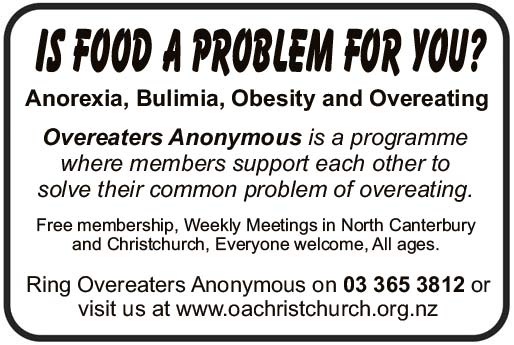



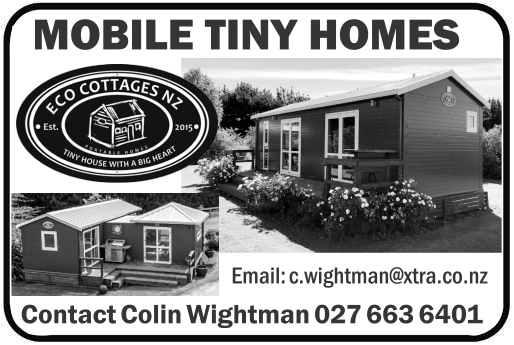


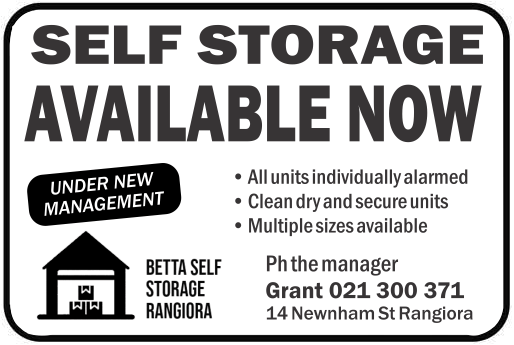







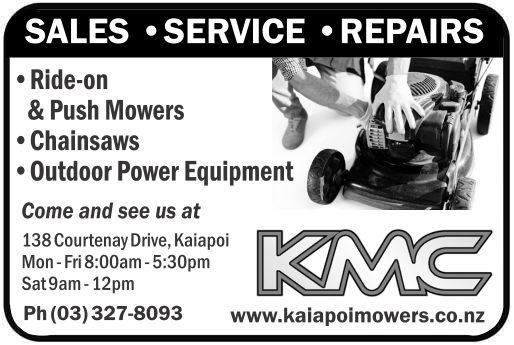



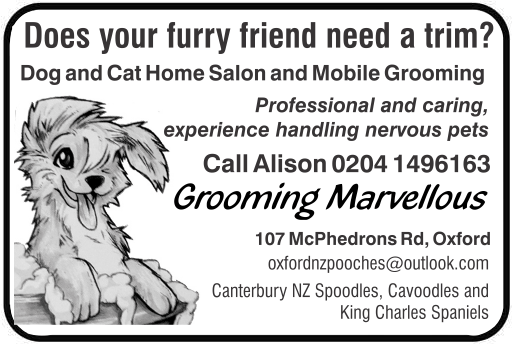



 Aries (March 21 - April 19)
Aries (March 21 - April 19) Libra (Sept 24 - Oct 23)
Libra (Sept 24 - Oct 23) Taurus (April 20- May 20)
Taurus (April 20- May 20) Scorpio (Oct 24- Nov 21)
Scorpio (Oct 24- Nov 21) Gemini (May 21- June 21)
Gemini (May 21- June 21) Sagittarius (Nov22-Dec21)
Sagittarius (Nov22-Dec21) Cancer (June 22 - July 22)
Cancer (June 22 - July 22) Capricorn (Dec 22- Jan 19)
Capricorn (Dec 22- Jan 19) Leo (July 23 - Aug 22)
Leo (July 23 - Aug 22) Aquarius (Jan 20- Feb 18)
Aquarius (Jan 20- Feb 18) Virgo (Aug 23 - Sept 22)
Virgo (Aug 23 - Sept 22) Pisces (Feb 19 - March 20)
Pisces (Feb 19 - March 20)








